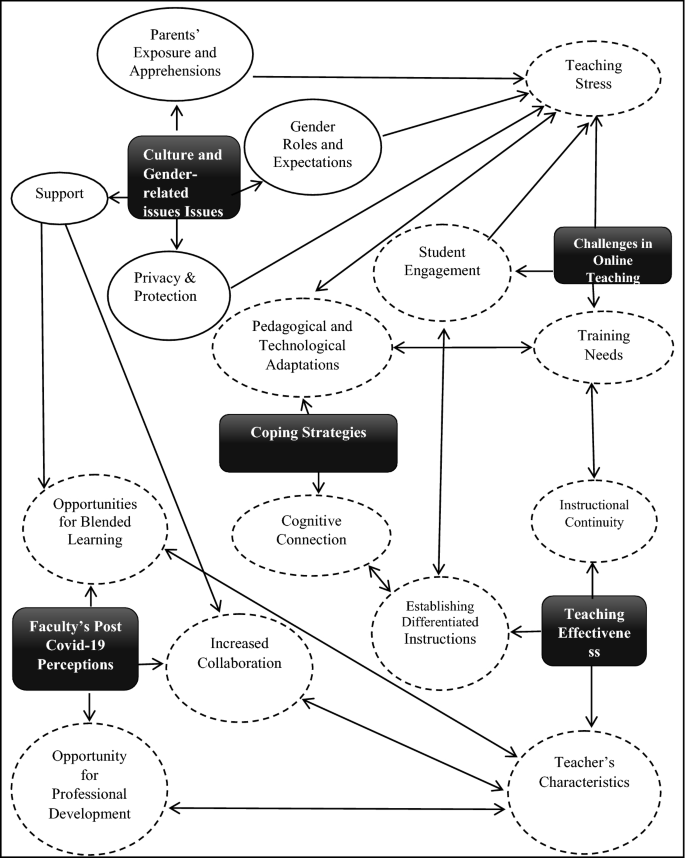
I started with the Foundations program, which introduced me to each of the four themes. This emphasizes that mindfulness is more than the popular idea of sitting still and quieting the mind-mindfulness helps us develop a set of skills that we can apply in everyday life, skills that will reduce stress and improve mental health. “If you want to cultivate loving-kindness and compassion, examine experience and insight, or align yourself toward your values and a deeper sense of purpose-all of that really presupposes that you have a sense of awareness and present-moment mindfulness,” says Cortland Dahl, one of the research scientists who developed the app at the Center for Healthy Minds. Aware- ness measures things like mindfulness connection looks at my ability to form and maintain relationships, as well as show empathy and compassion the insight score captures things like self-knowledge and resilience and purpose gains a sense of my values, and how I integrate them into my everyday life. The app begins with a questionnaire that generates a personal score for each dimension. Curious, I downloaded the app and set out to try it for 30 days to discover whether I could learn the skills to flourish in my own life.

Drawing from the work of scientists at the Center for Healthy Minds at the University of Wisconsin–Madison, the app is based on research that identifies four pillars of well-being: awareness, connection, insight, and purpose.
#Key themes in train to pakistan free
Recently, I stumbled across the Healthy Minds Program, a free app that’s designed to help users develop skills in the pursuit of well-being. For many, anxiety over returning to jobs, busy schedules, and socializing has been challenging to manage when we’re already so depleted. As we churn through the frustrating cycle of opening up and then re-tightening COVID restrictions in the face of dangerous new variants, we may also be facing longer-term mental health impacts.

Most people would agree that nothing has been more challenging than living through the COVID-19 pandemic.

We want to be fully alive and embracing every moment, even when those moments are difficult. Flourishing is not about perfection or being happy all the time, but a recognition that when we have purpose, meaning, and connection in our lives, getting out of bed every morning is easier. We know that “flourishing” (defined as a combination of physical, emotional, and mental health) is a state of mind where life feels good. In the past two decades, the science of well-being has grown.

Do I shower? Go for a walk? See a friend? Meditation was one item in a long list of things I needed to do to address my mental health.
#Key themes in train to pakistan how to
As my children grew older and I could do more self-care, I felt conflicted about how to use my time. When marriage and kids rolled around, meditation went out the window, along with sleep, intelligent conversation, and a clean house. My symptoms didn’t disappear, but I learned how to ride the waves of my emotions while tapping into a deeper calm within myself. Years of anxiety and depression had left me exhausted and lacking confidence in my ability to navigate the basics of adult life, but an eight-week mindfulness program was a turning point. I was in my late 20s when I discovered the practice of mindfulness.


 0 kommentar(er)
0 kommentar(er)
